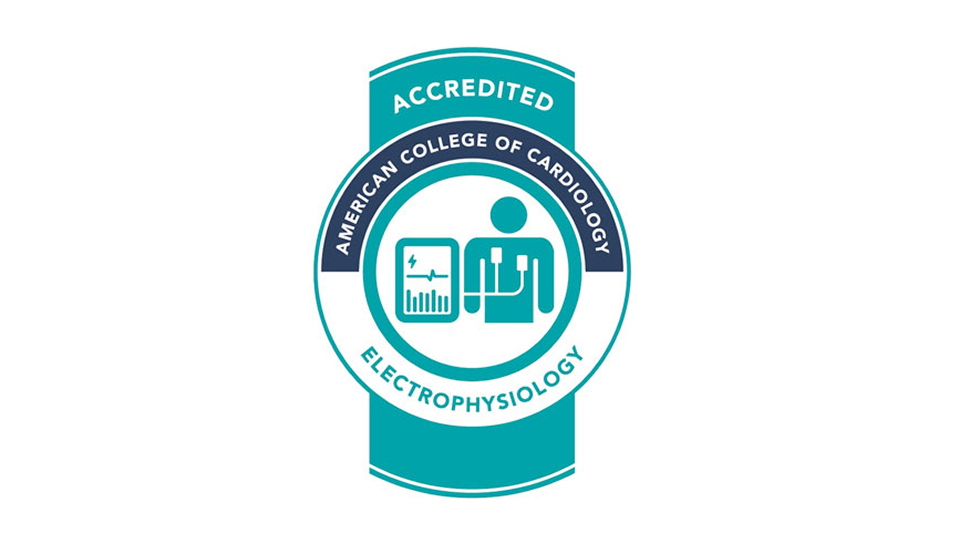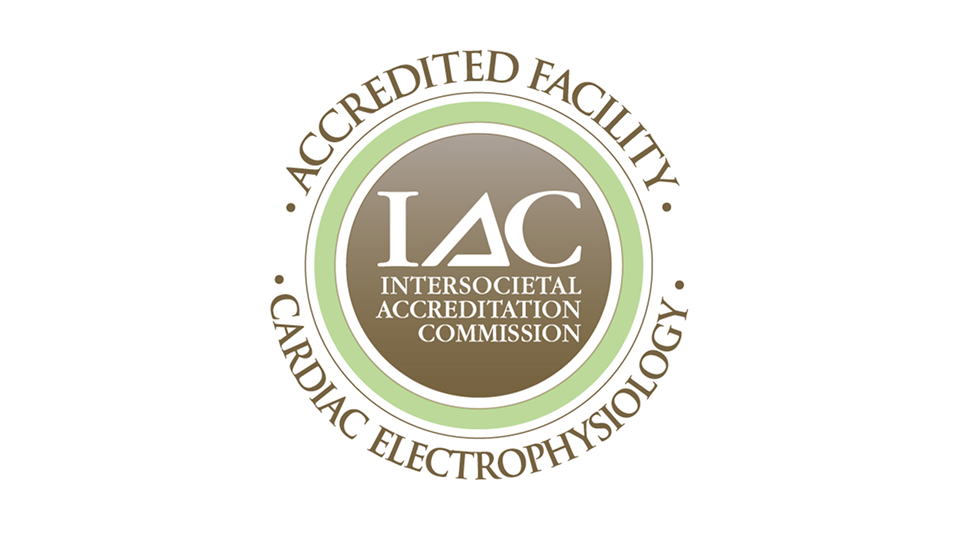Finding a specialist is the first step to treatment.


Focus on your heartbeat
Irregular heart rhythms, whether a dangerously fast heartbeat or a dangerously slow heartbeat, affect millions of people. Heart rhythm disorders happen for a variety of reasons—genetic conditions, coronary artery disease, high blood pressure, cardiomyopathy, valve disorders—and sometimes for no apparent reason at all.
To diagnose, manage, or prevent a heart-rhythm condition, it’s essential to know precisely where your heart function stands. At Corewell Health, our board-certified cardiologists and electrophysiologists monitor your heart’s electrical activity, rhythm, and other key metrics. Based on your results, we have an entire team of heart and vascular specialists to guide your care.
Why choose Corewell Health
Our hospitals and heart rhythm programs are highly respected and nationally recognized for both clinical excellence and quality outcomes. In 2024, Corewell Health became the first health system in Michigan, the first in the Midwest, and the fifth in the nation to use pulsed field ablation technology, which reduces damage to surrounding tissue to improve outcomes. Our sites are also the only ones in Michigan to receive these accreditations:

Corewell Health Fred and Lena Meijer Heart Center is the only electrophysiology center with ACC accreditation.

Corewell Health William Beaumont University Hospital is the only adult IAC accredited electrophysiology lab.
Conditions we treat
Atrial fibrillation (AFib)
A common condition in which the electrical impulses of the heart lose their regular pattern. The heart rhythm (pattern of heartbeat) becomes erratic, and often the heart beats too fast.
Bradycardia
A heart rate that is too slow, below 60 beats per minute at rest.
Cardiac arrhythmia
This occurs when the heart’s regular electrical activity becomes erratic and the irregular impulses are spread throughout the upper and lower chambers of the heart.
Syncope
The temporary loss of consciousness, usually related to insufficient blood flow to the brain.
Tachycardia
A heart rate that is too fast, over 100 beats per minute at rest.
Treatments we provide

Powering past Afib: Bob’s pulsed field ablation success
Bob took a proactive step when he didn’t feel quite right—and it changed his life. Diagnosed with atrial fibrillation (AFib) at Corewell Health, he became one of the first in the U.S. to receive a groundbreaking treatment, PulseSelect™ pulsed field ablation (PFA). Unlike traditional methods that use heat or cold, PFA uses electric fields to precisely target heart tissue—minimizing risk to surrounding structures. Bob was up and walking within 24 hours, and today, he’s back to running—AFib-free and fearless.
Find a location
Explore heart care programs near you.
Pediatric heart and vascular
Our specialists provide a range of services with your child’s heart at the center.
Related services
Heart care to help you lead a healthier life.
Sleep problems are more than just an annoyance. They can have serious consequences. Get a better night’s sleep.
From open-heart to vascular surgery, a large range of surgeries are available to treat, repair, or restore heart function.
Heart care to help you lead a healthier life.
Sleep problems are more than just an annoyance. They can have serious consequences. Get a better night’s sleep.
From open-heart to vascular surgery, a large range of surgeries are available to treat, repair, or restore heart function.
Need deeper understanding?
Speak with a specialist to learn more or get a second opinion to confirm a diagnosis or to validate treatment.



